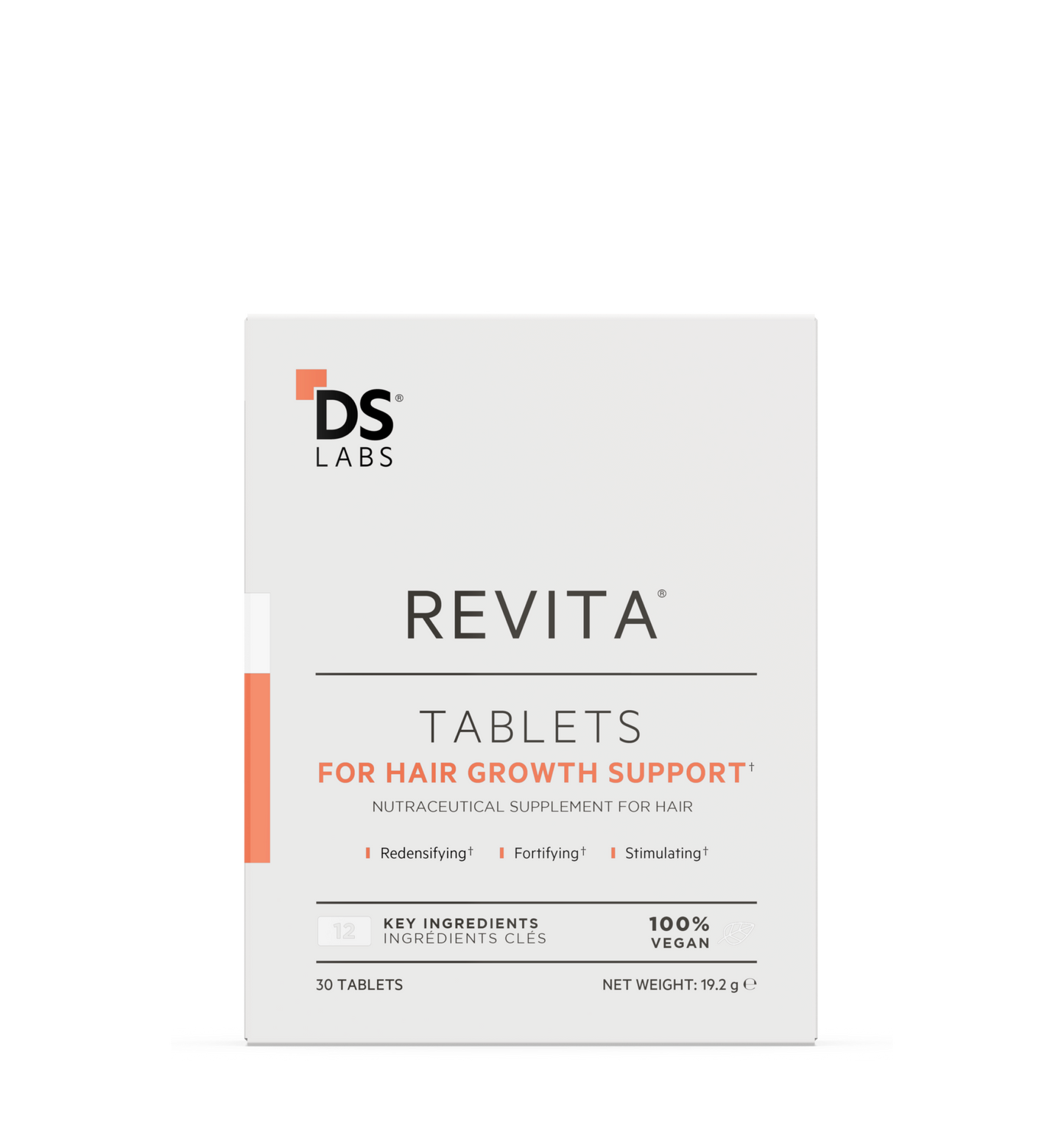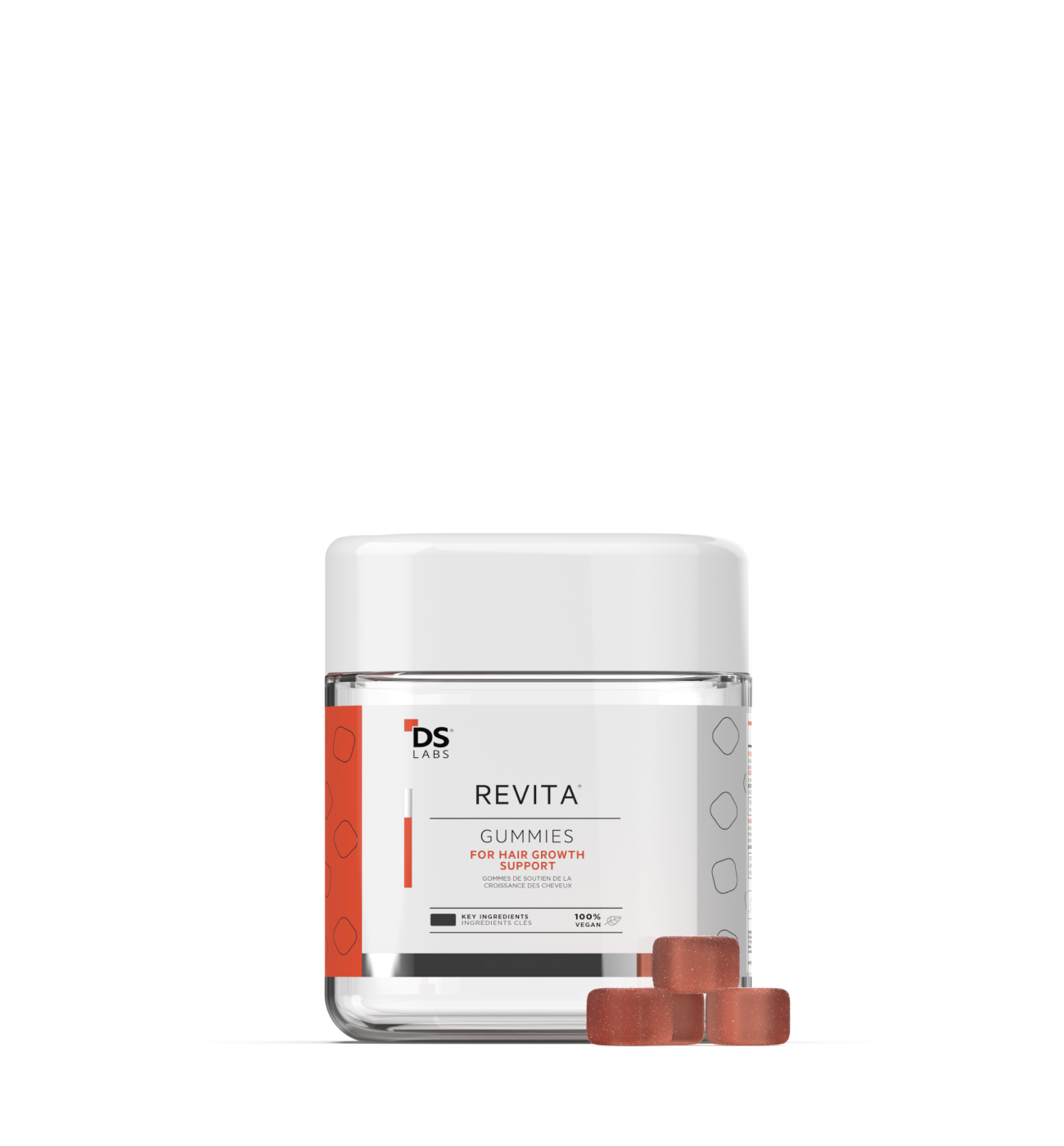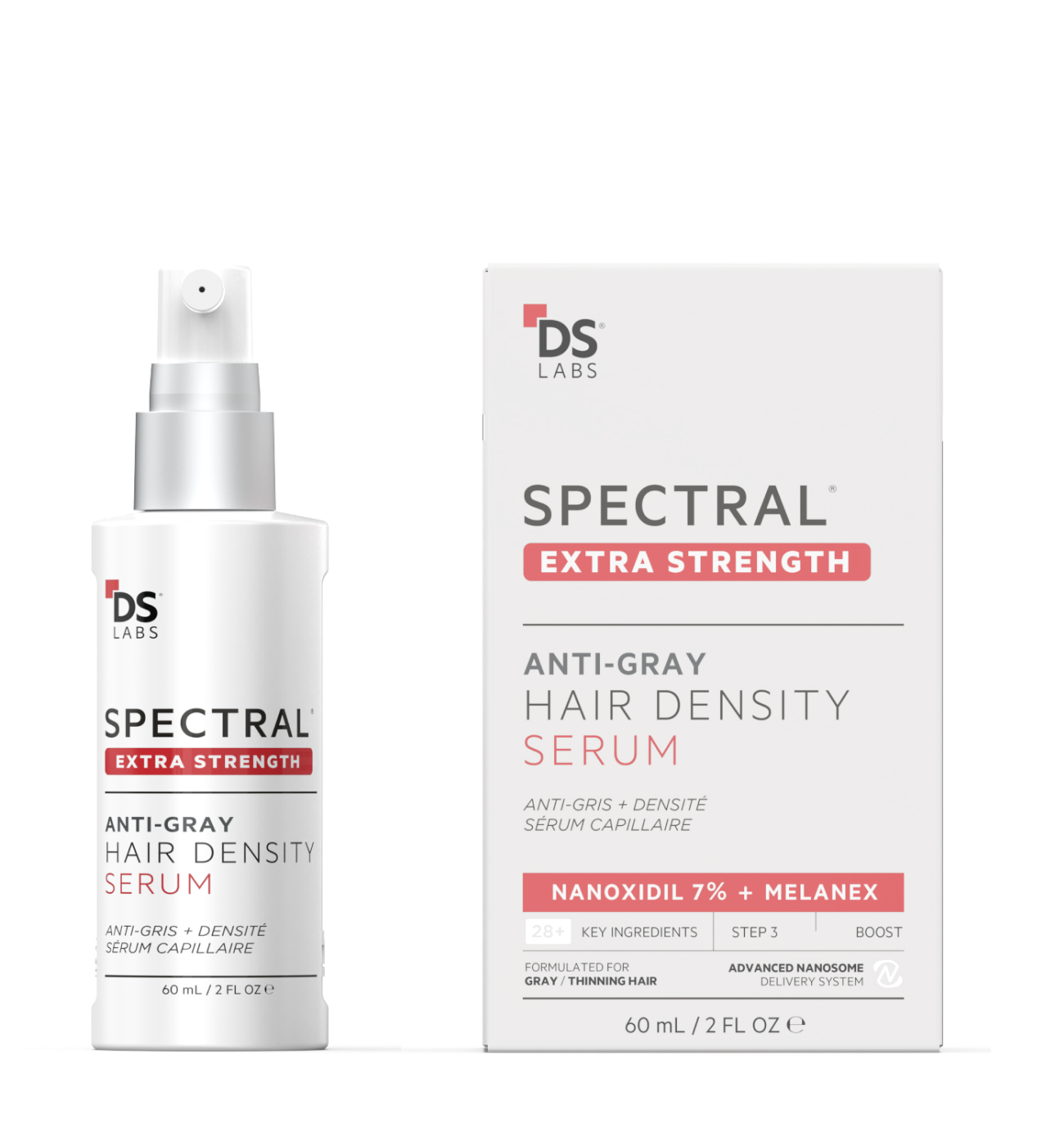When it comes to hair loss, there is often little we can do about some of the most common causes, like genetic and medical conditions. But there is something we can do about what we eat, which plays a significant role in a full head of hair. A healthy diet lays a strong foundation for optimum hair growth. Indeed, with the proper micro- and macronutrients, healthy hair is easier to achieve. Our hair needs a combination of plenty of protein, healthy fats, vitamins, and minerals for optimum growth. Moreover, we also need to get the right amount of calories (i.e., energy) from food to support the metabolic needs driving hair growth. Here, we dive into what diets and foods you should use (and those you should avoid) to optimize hair growth.
The not-so-great: what diets you may want to avoid if you want to optimize hair growth
Diet fads come and go almost faster than fashion trends. And, because many of us are looking for quick fixes for better health and slimmer waistlines, we are often convinced to try the next best thing in the diet world. But with so many diets, it's hard to say which ones are healthy and which are harmful. However, nutritionists do agree on a few key factors.
Firstly, severely restricting caloric intake rarely works and can cause an onslaught of health problems. And when it comes to your hair, you need caloric energy to help with "supplemental physical characteristics" like hair growth. Your body does not prioritize hair growth over other functions, so you need plenty of energy left over for your body to allocate to lesser priorities. That's not to say you need to eat more than you think, but rather that you shouldn't deprive yourself of the energy you do need. Unless it is monitored closely under the care of your physician, it is best to avoid this type of diet.
Diets that also cause you to enter a forced change to your metabolic state, such as prolonged intermittent fasting and potentially a ketogenic diet, may also slow hair growth because the body is not getting reliable nutrition.
The better: Avoiding or limiting foods that suppress hair growth
If you want to make small daily changes to better your hair health, you can start to limit or avoid certain foods that are not great for hair growth. For example, the following are generally not the best options for a healthy head of hair:
- Refined carbohydrates
- Sugar
- Alcohol, and
- Greasy foods
It is not necessarily the food itself that is the problem, but rather that consumption of those listed foods replaces healthier, more nutritious options.
If some of your favorite foods happen to be on the above list and avoiding them is difficult, try to incorporate a hair growth supplement that can give you a boost of the extra vitamins and minerals you need for hair growth support.
The best: what you should eat for hair growth
So often, we focus on what we should avoid in our diet. But, when it comes to supporting healthy hair (and, for that matter, a healthy body), there are so many foods that we can and should eat.
Protein
One of the most important things hair needs from our diet is protein. Hair is made of a protein called keratin. Protein is comprised of amino acids that act as the building blocks of cells. Without protein, cellular function would fail. Daily protein requirements vary based on your age, sex, and other factors like health status and size, but in general, you will want to ensure you have a good source of protein with every meal.
Protein sources for optimal hair growth include:
- Eggs
- Fatty fish
- Nuts
- Legumes
- Meat
Fats
Certain healthy fats, including omega-3s and omega-6s, have been linked to healthier hair growth. Fats help with cellular metabolism, supporting the cell membrane, enhancing cellular signaling with hormones, and boosting cellular function overall. So while we often associate fats with negativity, healthy fats are vital to a healthy body–and to that extent, healthy hair.
Good sources of healthy fats for healthy hair growth include:
- Avocados
- Fatty fish like salmon, mackerel, and herring
- Nuts
- Seeds
- Plant oils
Vitamins
Vitamins are micronutrients that we need for metabolism, growth, and development. The body can only produce a few vitamins, so most must come from our diet. If you eat a well-balanced diet that is diverse in fruits, vegetables, and protein sources, you can likely get all the vitamins you need for optimal hair growth. But, specific vitamins may be especially important for the hair and skin, including vitamin E and vitamin C. Vitamin E has been linked in some studies to improving skin and hair health, and vitamin C is a powerful antioxidant that can round up free radicals.
Good sources of vitamins include most fruits and vegetables, some nuts and seeds, and some meats.
Minerals
Like vitamins, minerals are also key to healthy hair growth and must come from the diet. And again, their quantities are often very minimal, but when daily requirements are not met, body functions may lag or suffer. Certain minerals, including zinc and iron, play a bigger role in hair health. In particular, iron helps bring more oxygen to the skin and hair follicles, which can further support hair growth.
Minerals are also abundant in many fruits and vegetables, but you can also find iron in meat sources like organ meat. Zinc is also present in high levels in oysters and red meat.
The Final Word
We aren't nutritionists but experts in hair growth and health. And we know there are certain key components that a healthy head of hair needs from our diet and hair care products. By getting plenty of protein, vitamins, minerals, and healthy fats from wholesome foods, you can give your hair a good foundation to boost growth.














